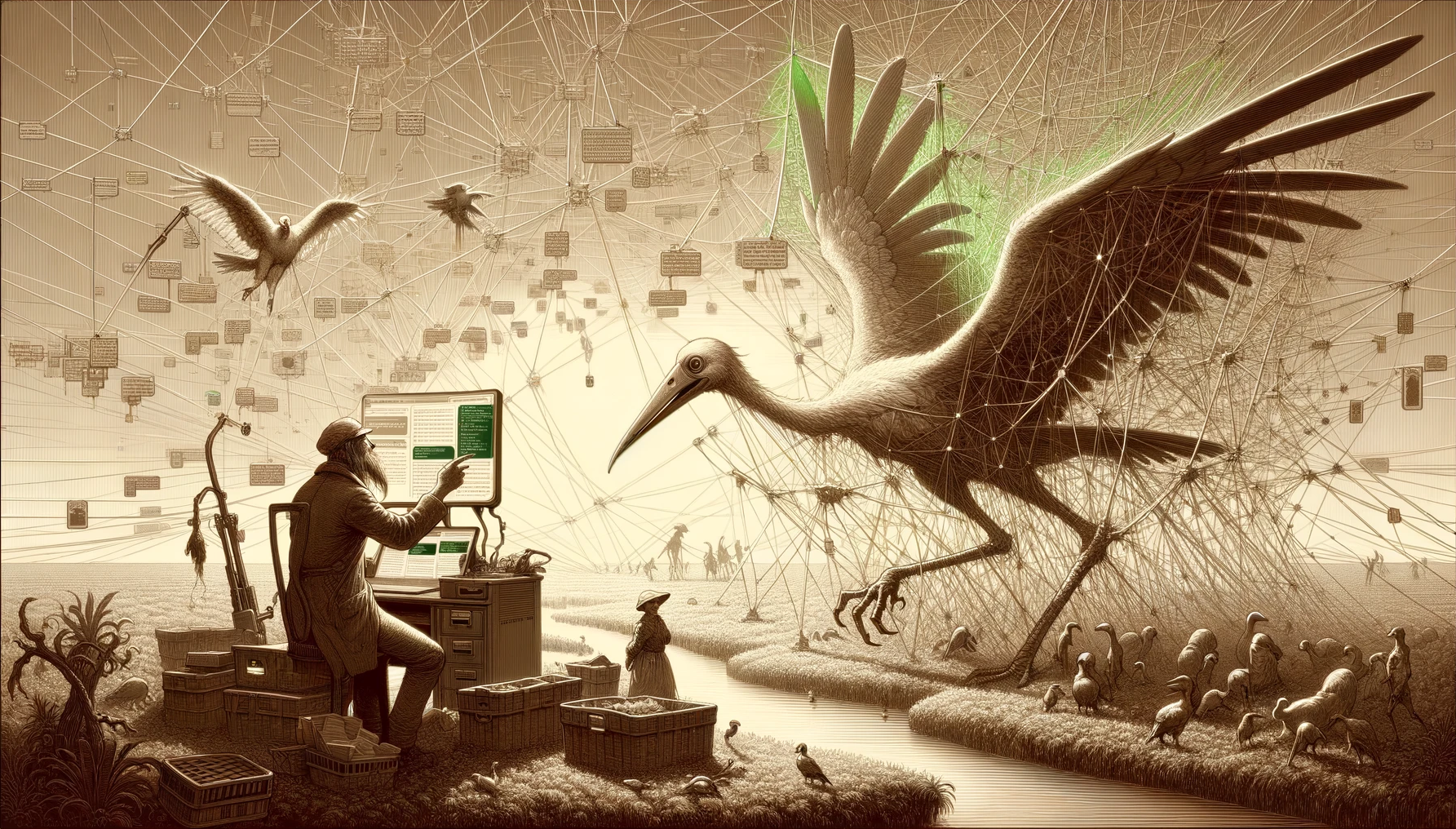While technology may change, human behavior does not. At least, that’s what reading the collection of Aesop’s Fables suggests. The characters and motivations in the parables, attributed to Aesop after he died in 564 BCE, remain relevant today.
Aesop 2021 projects these well-known (and not-so-known) stories into an age only a stone’s throw from our own. When cynicism and pessimism abound, hope becomes a rebellious act against the tyranny of the default. Each story recasts a fable’s lesson from our upcoming solarpunk future as a software tale.
The Aesop 2021 project is part of the Never Break the Chain March Writing Challenge. The original sources were translated by George Fyler Townsend and provided under the Project Gutenberg license. Addition reference provided by a Library of Congress interactive book adapted from the public domain book “The Aesop for Children: with Pictures by Milo Winter,” published by Rand, McNally & Co in 1919.
Below is the latest installment.

In the vast, distributed social network of the 22nd century, a Farmer set about a trap for those he suspected of market manipulation. An agent surfaced with peculiar frequency: Stork, a being entwined in a complex web of digital interactions across the ecosystem.
Stork protested mightily about the unfairness of the situation when confronted.
“Certainly,” he said over chat, “there has been some mistake. My only crime was accepting every friend request and follow. I was only trying to build an impressive list of contacts. I didn’t realize, at the time, what some of these others might have been up to. Just look at my profile - I’m a good person!”
The Farmer laughed. “While what you say when caught says one thing, your connections imply something else. The shadows cast extend far beyond any one individual.”
Original Fable
A FARMER placed nets on his newly-sown plowlands and caught a number of Cranes, which came to pick up his seed. With them he trapped a Stork that had fractured his leg in the net and was earnestly beseeching the Farmer to spare his life. “Pray save me, Master,” he said, “and let me go free this once. My broken limb should excite your pity. Besides, I am no Crane, I am a Stork, a bird of excellent character; and see how I love and slave for my father and mother. Look too, at my feathers—they are not the least like those of a Crane.” The Farmer laughed aloud and said, “It may be all as you say, I only know this: I have taken you with these robbers, the Cranes, and you must die in their company.”
Moral of the Stories
In software, as in life, you are judged by the company that you keep. The quality of one’s connections far outweighs the quantity. Indiscriminately lending your reputation to others can lead to unforeseen consequences.



